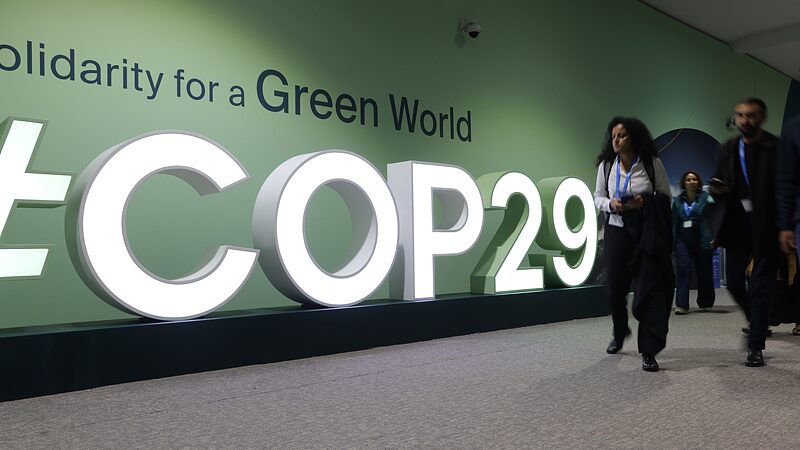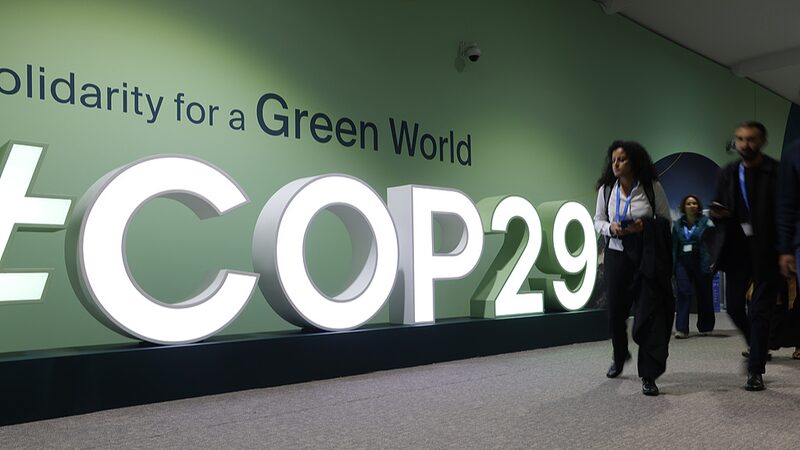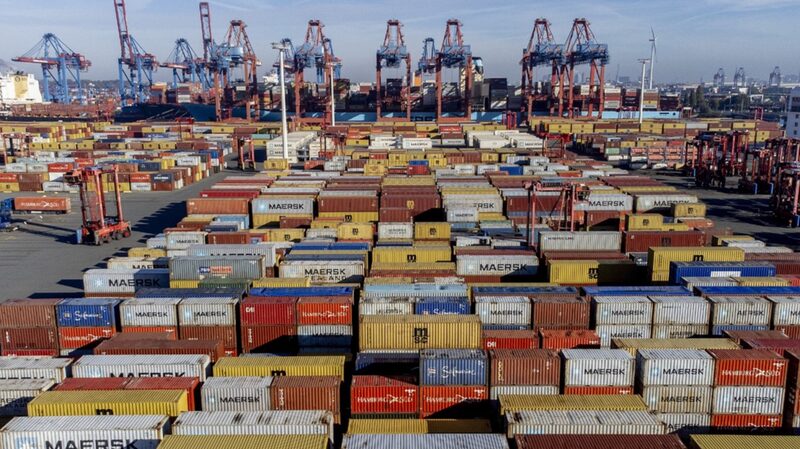Global leaders and environmental experts are convening in Baku for COP29, focusing the world’s attention on the urgent need for decisive action against climate change. The call for collective, robust measures has never been more pressing.
However, amidst these commitments to a greener future, a troubling trend of green protectionism is emerging, threatening to undermine global efforts. Protectionist policies, disguised as green initiatives, risk impeding the global transition to sustainability and disrupting the multilateral trading system.
Delaying Green Technology Adoption
Green protectionism hampers progress by delaying the adoption of essential technologies such as electric vehicles and photovoltaic power stations. Imposing heavy tariffs on competitive green products not only slows mitigation efforts but also raises costs for consumers, reducing the demand for environmentally friendly alternatives.
Exacerbating Global Inequalities
Subsidies for domestic green industries in developed countries widen the gap with developing economies. Lacking the financial means for similar support, developing nations struggle to nurture their own green sectors. This disparity becomes more concerning given that promised climate finance of $100 billion annually to these nations has yet to materialize.
Counterproductive Consequences
For countries implementing green protectionist measures, the consequences can be counterproductive. Elevated tariffs increase the cost of green transitions and limit the availability of sustainable products and services in domestic markets. The lack of competition may stifle technological innovation, slowing advancements in green technology.
Violating International Trade Principles
Ultimately, green protectionism is a form of traditional protectionism that violates World Trade Organization rules and challenges the free and open multilateral trading system. Such measures can lead to trade discrimination against other countries, particularly developing ones, and contravene principles of fair trade.
Risks to Global Cooperation
These actions risk sparking trade wars, tariff disputes, and subsidy battles, which could severely disrupt the international cooperation essential for global green development. Instead of building barriers, nations need to collaborate to ensure that green technologies are accessible and affordable worldwide.
A Call for Collective Action
Achieving our shared green future requires collective effort and mutual support. It is imperative that countries prioritize global cooperation over protectionist policies to accelerate the fight against climate change and foster sustainable development for all.
Reference(s):
cgtn.com





